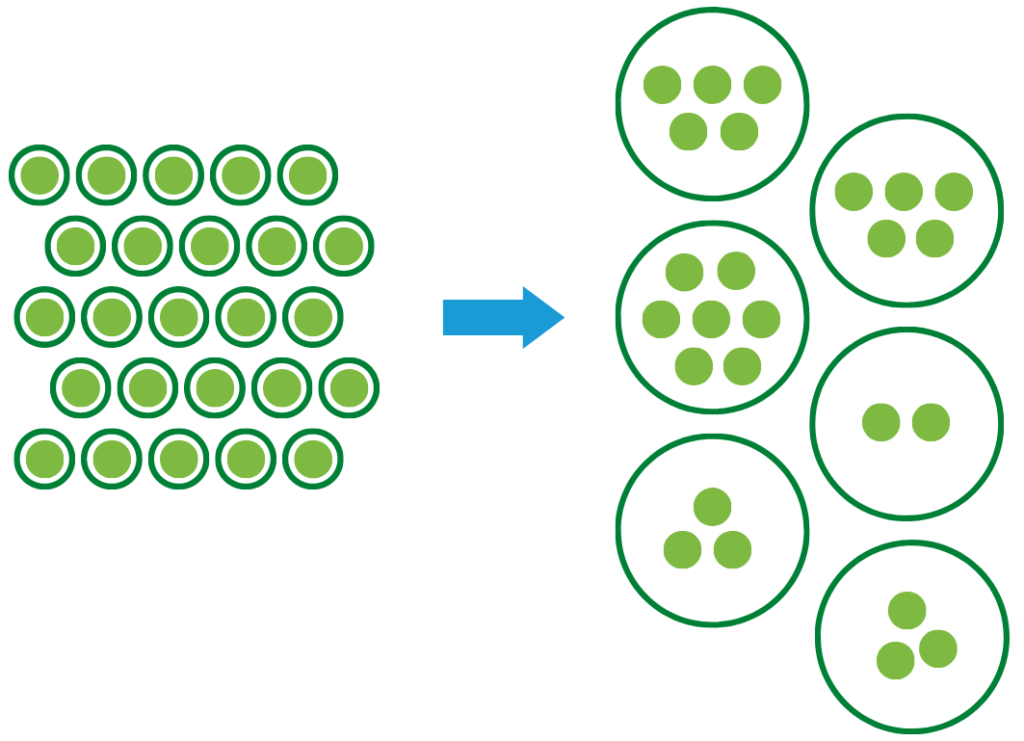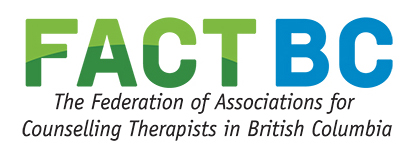When the Health Professions Act was promulgated in the 1990s, several counselling associations asked immediately for designation as separate health professions. They were told by Government to go away and learn to cooperate with each other if they wanted to make any progress. First as the Task Group for Counsellor Regulation and subsequently as FACTBC, we have voluntarily and collaboratively pursued that goal.
The Cayton Report (2018) was eagerly adopted by the Government (2020) as the new direction for the regulation of the Health Professions. In addition to radical changes in the structure and operation of College Boards (equal numbers of professional and public members, selected by Government based on expertise), the Government also opted to create far fewer, multi-profession Colleges to achieve more uniformity in administrative process and to ensure greater protection of the public.

We realized that our original campaign was outdated and that our goal of statutory regulation could be equally well achieved under the authority of the large, multi-profession College recommended in the Cayton Report. Accordingly, our focus remained on professional regulation within the context of an umbrella College for amalgamated health and care professions.
We immediately focused on finding a way to become involved in the ongoing processes of regulatory revision. This initiative included networking directly with those facets of government responsible for professional regulation as well as a broader focus on being involved with other stakeholders in the process of the modernization initiative. FACTBC in participating in ongoing conversations with current Colleges, with Allied Health Professions Secretariat, with First Nations Health Authority, etc.

It seems that this communication was cut off and I did not receive that whole thing.
What do you mean by stakeholders? for e.g.?
The thing that strikes me receiving this is that the process of having counselling recognized as a profession and moving to having a college etc. has been going on for decades. In 1986 when I started my MA degree at UBC a professor told us that we would have licensing very soon because the USA already had it etc. Today decades later we are still unlicensed. Frankly I do not care about licensing, nor about having a college. I feel we have been operating well with our voluntary organization and regulation. I think that the only advantage of professional recognition with a college to have coverage provided by medical plans. Coverage is provided by more insurance companies now because it is to their clients advantage. What could a college give us?
In addition, I really find this push from your organization and from the government to become of some big regulatory body to be much less desirable as this organization would not be familiar with counselling at any kind of depth, and how can they then regulate it? These are my comments and concerns.
Hi Lillian,
Thank you for sharing your concerns.
A College or other regulatory body provides public safety by regulating entry into, and membership within, a health profession. Every College establishes and enforces a code of ethics, procedures to ensure continuing competency, and a procedure for the handling of complaints regarding its registrants. Their purpose is to protect the public.
Many Counsellors and Therapists choose to be members of voluntary self-regulating professional associations, which provide a degree of accountability, so let’s consider them. The primary and fundamental purpose of a such a professional association is to serve the interests of its members and of the profession. Professionals join because it serves their interests to do so.
Usually an association also finds it appropriate to provide a means to handle complaints about its members and it is for this reason that the association is designated as self-regulating. The complaints process does increase the level of protection for the public because it sets up consequences for professional misbehaviour. Unfortunately, because membership in these associations is strictly voluntary, a member facing a complaint can resign, after which the association has no jurisdiction and the complainant no recourse.
Regarding becoming a “big regulatory body”, this is a government decision based on the 2020 report Recommendations to modernize the provincial health profession regulatory framework (https://www2.gov.bc.ca/assets/gov/health/practitioner-pro/professional-regulation/recommendations-to-modernize-regulatory-framework.pdf)